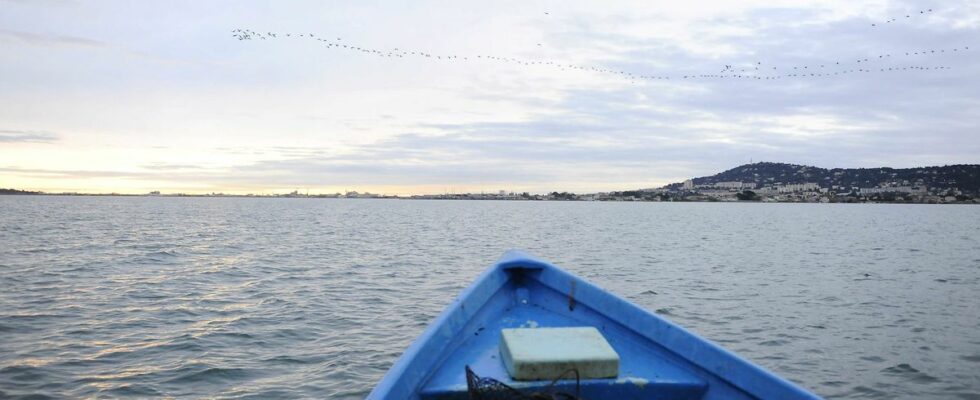After the land, and before the sea, there are the lagoons. These immense expanses, subject to very slow water renewal, are particularly fragile. On the Mediterranean rim, if the ponds were for a long time in a particularly worrying state, today, their ecological health is improving little by little, indicates the Agence de l’eau Rhône Méditerranée Corse, in a study published on January 31.
This “positive development” over the past ten years is, in particular, the result of the efforts made by local authorities “to improve sanitation, thanks to extensive treatment of nitrogen and phosphorus in the stations of purification”, specifies the public organization, dedicated to the preservation of water. It is no longer a question of dumping dirty and polluted water into the lagoons, as was the case decades ago. The preservation of the surrounding wetlands, as well as the restoration of the water quality of the rivers, tributaries of the lagoons, also have something to do with it.
50% of Mediterranean lagoons are in good condition
However, there is still work to be done: the Rhône Méditerranée Corse Water Agency notes that 50% of Mediterranean lagoons are in “good ecological status”, that is to say with conditions allowing the maintenance of a rich and varied animal and plant life. This is particularly the case of the ponds of Salses-Leucate, La Palme, and Gruissan. And there are the bad students, those whose condition is particularly worrying.
Climate change threatens ponds
This is the case of the pond of Canet, classified in this study in poor general condition. It is also one of the most degraded areas around the Mediterranean. It is, in particular, particularly subject to chemical contamination by pesticides. The pond of Vendres is also classified red. It is prey to significant eutrophication, that is to say an accumulation of nutrients, which completely unbalances its ecosystem.
But an even greater threat hangs over the lagoons: climate change. Its effects, such as the increase in temperatures, or the decrease in precipitation and oxygenation of the water, “can reduce the effectiveness of the actions carried out to achieve the good condition of these fragile environments”, deplores the body. The quality of macrophytes, the large family of aquatic plants, is deteriorating, for example, for 40% of the ponds observed, probably for this reason. So there is urgency. Because for the Rhône Méditerranée Corse Water Agency, restoring lagoons to good ecological status is “a major priority”, “whether for the sustainability of their uses (shellfish farming, fishing, swimming, water sports, tourism…) which require a good quality environment, or for the exceptional and fragile biodiversity they host”.

